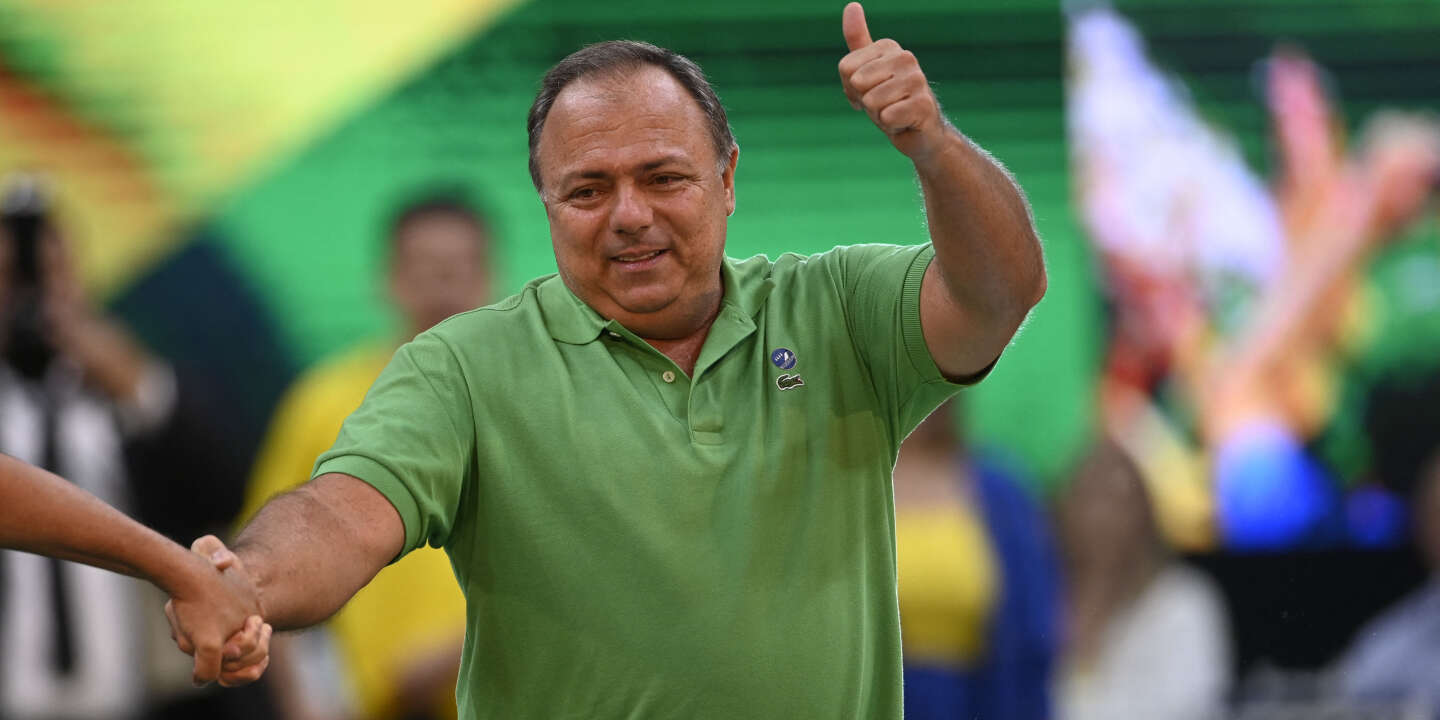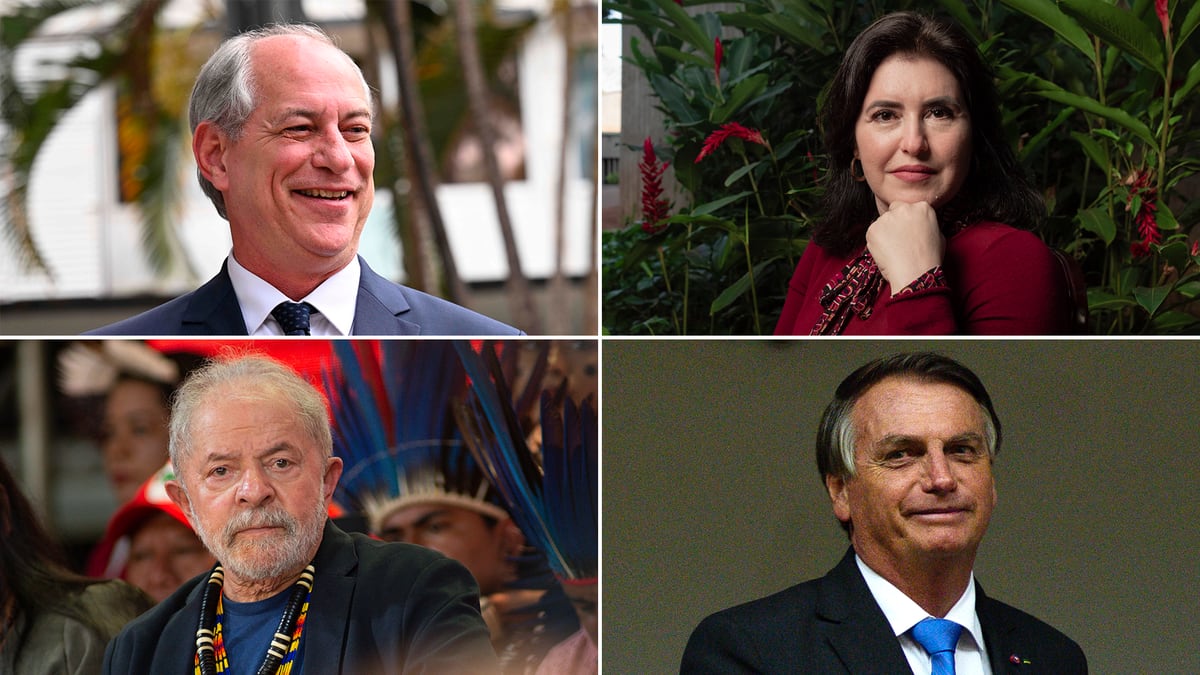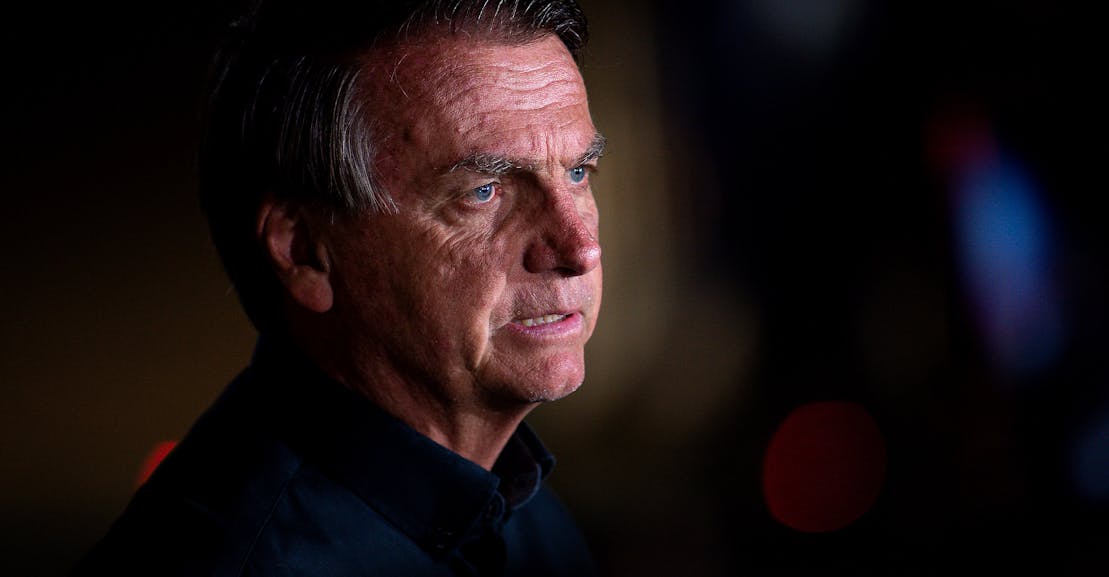Brazil will have to wait until the 30th of October. The country’s future will then be decided with an electoral runoff between former President Luiz Inácio Lula da Silva and the current President Jair Bolsonaro.
It’s progressive socialism against populist conservatism. Meanwhile, those who support Bolsonaro and his policies have already won at the parliamentary and senatorial level.
It’s a choice for two very different Brazils.
As Istituto per gli Studi di Politica Internazionale (ISPI) reports, the voting map has shown a country divided in two: Lula in the northeastern states, and Bolsonaro in south-central states. The results indicate two antithetical visions of the country.
Lula, 76, president from 2003 to 2010, won in 14 poor and rural states with the support of the working class, women and young people. He pumped billions into social programs and saw Brazil through its longest period of economic growth in three decades. However, he has failed to shake off suspicion of corruption, even though his convictions in the Lava Jato investigation were overturned. (Brazil’s Supreme Court determined that the judge in the case, Sérgio Moro, had conspired to prevent Lula from running again for office. NB: Moro later became Bolsonaro’s Minister of Justice).
Lula has promised that if he becomes president once again, he will resume the fight against hunger, and erase the image of a “weak” Brazil because of his protection of the environment. He has committed to stopping the massive deforestation of the Amazon rainforest facilitated by Bolsonaro — which now, according to experts, has the fate of the largest green lung on the planet inextricably linked to the outcome of the vote.
The background
There is controversy surrounding both candidates, though of a different danger and depth. Lula, despite the Brazilian Supreme Court having vacated his conviction, has not been able to free himself of the corruption shadow. As reported by Reuters, Lula’s advisors have suggested a new state acquisition of Petrobras, halting its privatization process. This will either be a new opportunity to prove the good intentions of Lula, or could doom the former president in a new political scandal if his relations with private companies again become a topic of suspicion by political opponents and the media.
With Bolsonaro, there are numerous controversial actions at issue. Deforestation, inept pandemic management and civil polarization are at the top of the list. Especially in 2020, Bolsonaro took several controversial decisions that placed him in the middle of a media storm. He decided to promote hydroxychloroquine as a remedy for Covid-19, rejecting the accepted vaccines. The result led to thousands of deaths. He embraced conspiracy theories on Covid-19, expressed doubt on the real existence of the pandemic, and invited his noisy supporters to force their way into hospitals to see for themselves whether intensive care beds were actually being occupied by covid patients.
Perhaps most dramatically, with Bolsonaro, the rate of destruction of the Amazon forest has increased by 80 percent as compared to the previous decade. Amid all this, Ricardo Salles, environment minister in the Bolsonaro government, resigned in 2021 over accusations that he played a role in timber smuggling.
Bolsonaro has also adopted measures and policies that have compromised indigenous rights. Part of this was a reduction in the budget and staffing of environmental protection agencies, which are also responsible for protecting indigenous peoples, as he paved the way for mining and agricultural activities in the forest.
He also operated against the Indigenous Affairs Agency (Funai). At its head he placed Marcelo Xavier, who directed the police to use a hard fist against indigenous rights activists and leaders who were engaged in campaigns and battles for the protection of the Amazon forest and its indigenous communities.
The nongovernmental organization Human Rights Watch gathered testimony from several Funai employees, reporting that Xavier created a toxic climate and internal pressure within the agency to thwart dissent and ensure that projects such as that of a large power plant got the green light, despite their impact on indigenous lives.
The damages
The winner of this election will face a real challenge with Brazil. For Lula, it will be hard to reverse the policies initiated by Bolsonaro’s presidency. For Bolsonaro, it will be difficult to counter international pressure for his actions.
In either case, citizens will suffer the most. With a strong decline in freedom of expression, compromised human rights, and exploding poverty, the next president will govern under strong internal pressure.
The polarization indicated in the first electoral round suggests a difficult management of social conditions in Brazil. And it would not be the first time that civil turmoil in the country escalates into violence in the streets.







